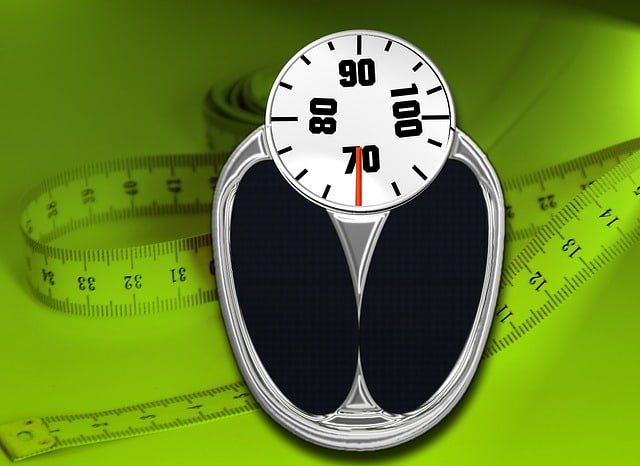What is the true ideal body weight for women? Is there actually such a thing? Probably the great majority of women in the western world have asked themselves that question. Hopefully this article may help clarify things for you…
 It’s fairly true to say people in Western Civilization countries are thinking about their health and weight more than ever before. This shouldn’t be surprising, because attractive though it is, our western lifestyles more obese and unhealthy than ever before. So much so in fact than children born in the last 10-15 years are now expected to have shorter lifespans than their parents – something I find quite shocking.
It’s fairly true to say people in Western Civilization countries are thinking about their health and weight more than ever before. This shouldn’t be surprising, because attractive though it is, our western lifestyles more obese and unhealthy than ever before. So much so in fact than children born in the last 10-15 years are now expected to have shorter lifespans than their parents – something I find quite shocking.
The desire to maintain a healthy body weight is of course spread over both sexes, but is generally more marked in females, and many wonder what the ideal body weight for women is.
The Ideal Body Weight (IBW) Concept
A concept known as the “Ideal Body Weight” (IBW from now on) is generally what most medical practitioners focus on when determining obesity and healthy body mass. It’s used for example in determining the need for bariatric surgery – in order to qualify a prospective patient needs to be at least 100 lbs over their IBW.
Surprisingly perhaps, the IBW theory isn’t anything new. In fact it was developed way back in 1943. Partly as a result of World War Two. The army wanted fit and trim soldiers, ones who weren’t carrying round excessive weight. The problem was that no-one could really state what an ideal body weight should be for any one particular individual. So, a committee of doctors was organised to provide answers and they eventually came up with the chart shown below.
IBW isn’t the only ideal body weight concept of course. For example over the last thirty years or so the Body Mass Index (BMI) chart was developed, and it came up with rather different figures. However it’s popularity seems to be on the wane, and mainstream medical thinking is veering back to IBW
The IBW Chart
Here is the chart first developed in 1943 and still in use today:
Factors Affecting Your Ideal Body Weight
It’s really important though that you don’t become a slave to this chart. The realistic ideal body weight for women is going to be affected by a number of different factors. Among these are
- Age. We all tend to increase body weight as we get older, it’s quite normal and to be expected, so don’t obsess about keeping to the same weight range when you’re fifty and when you were thirty. It’s a sure-fire way to unhappiness
- Fat to muscle ratio. With people who have higher than average muscle development such as athletes or those doing a lot of weight training, using the above chart can give false concepts of what your IBW should be
- Gender. Women’s weight can be affected by hormonal changes to a greater degree than for men. This is especially true in pregnancy and for a period after giving birth and of course following menopause
- Bone density. Some people really do have heavier bones than others, it’s not a myth. This is obviously going to affect what the true IBW should be for these people.
- Pretty well all doctors agree that maintaining a healthy lifestyle is more important than focusing just on an ideal body weight. Factors such as smoking, excessive drinking and lack of exercise will ultimately have a more damaging effect than carrying a few extra pounds.
So basically the message is: use the above chart as a guide, but don’t let it run your life.
